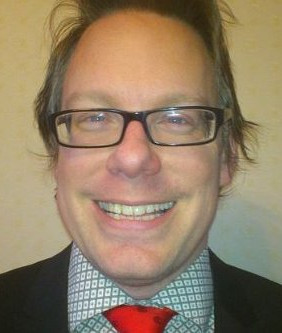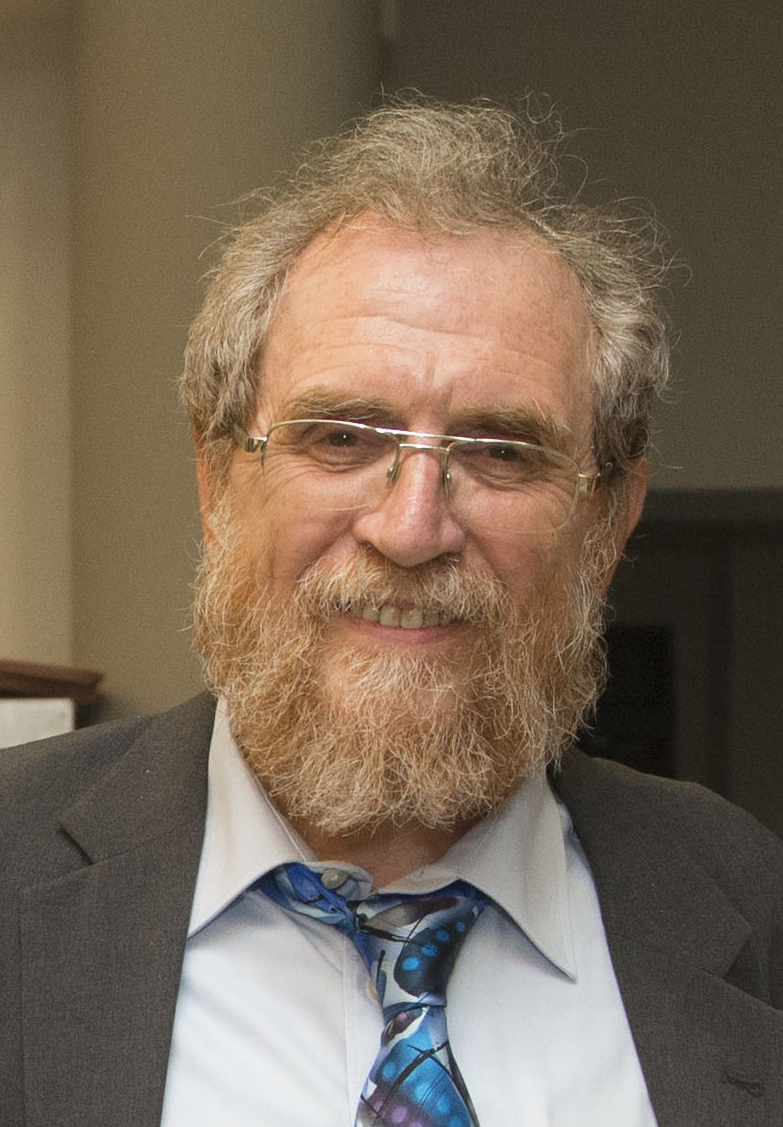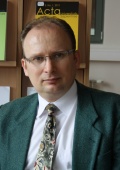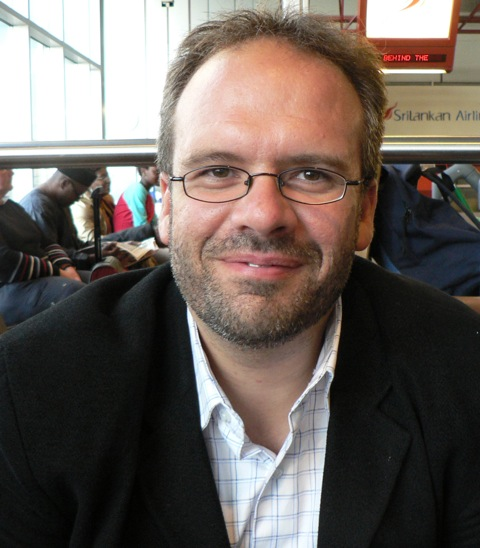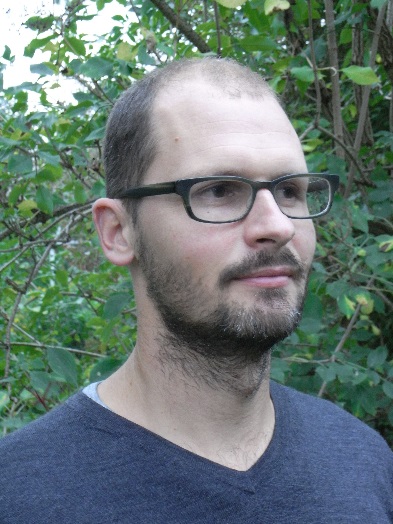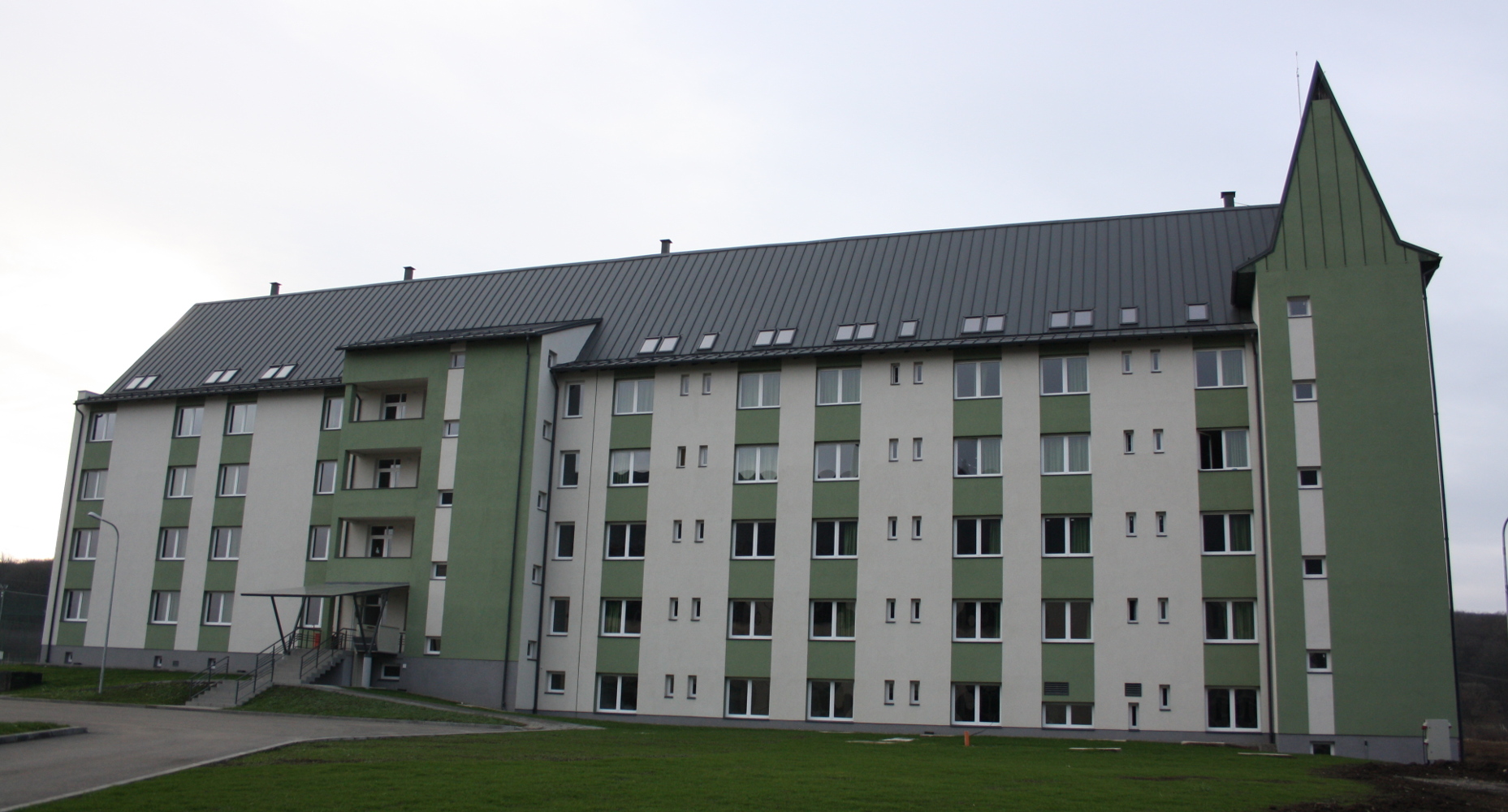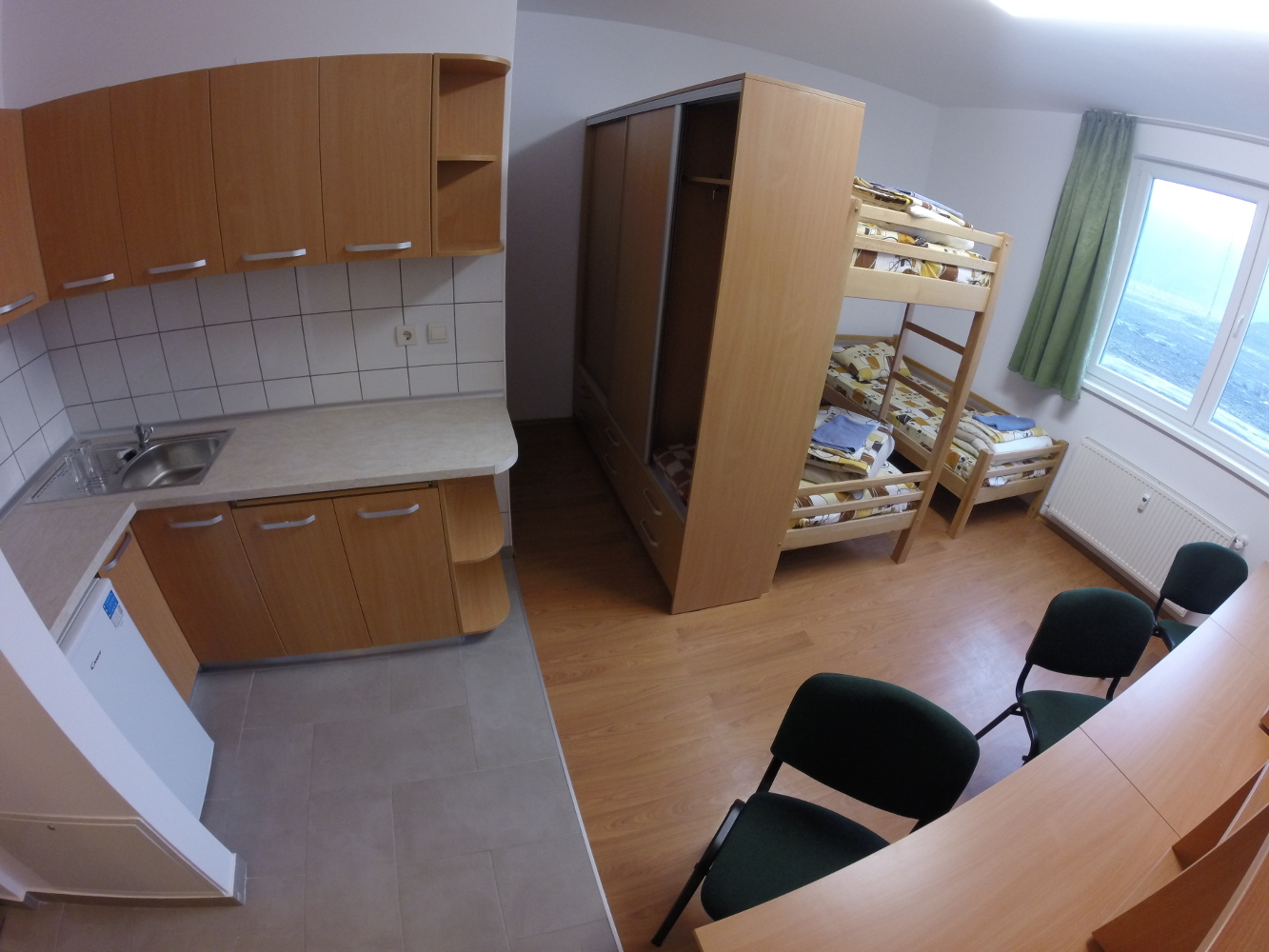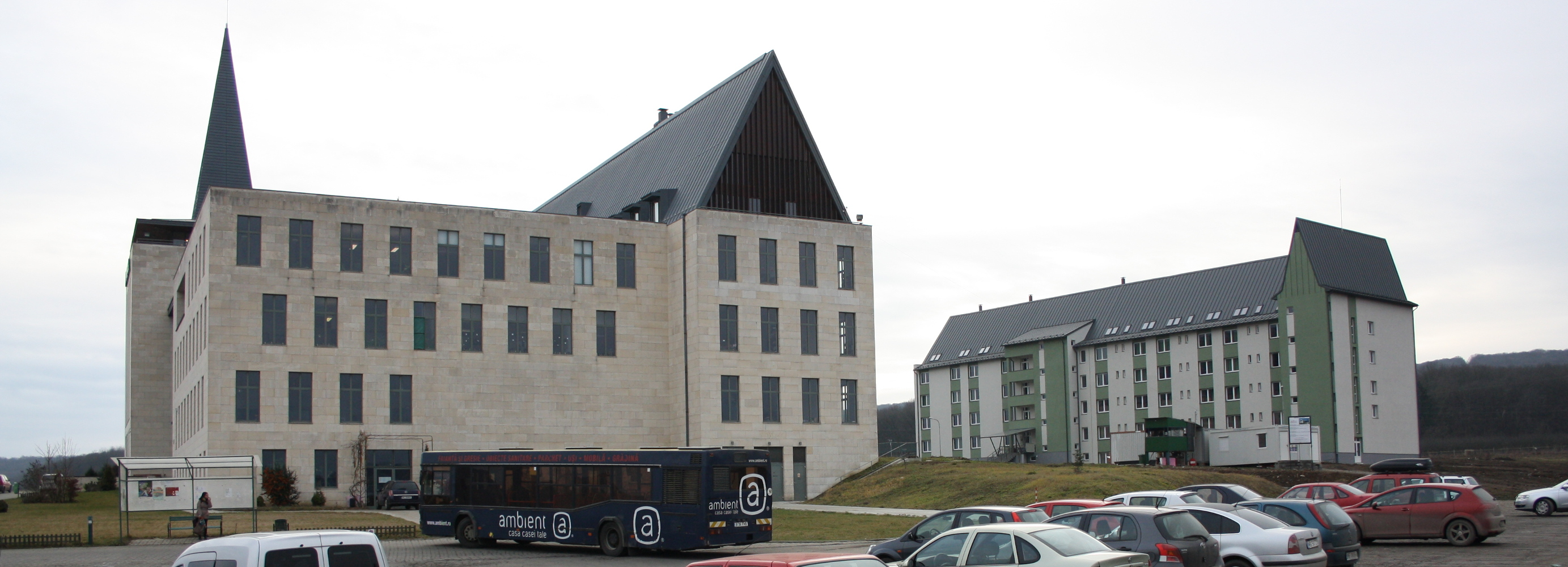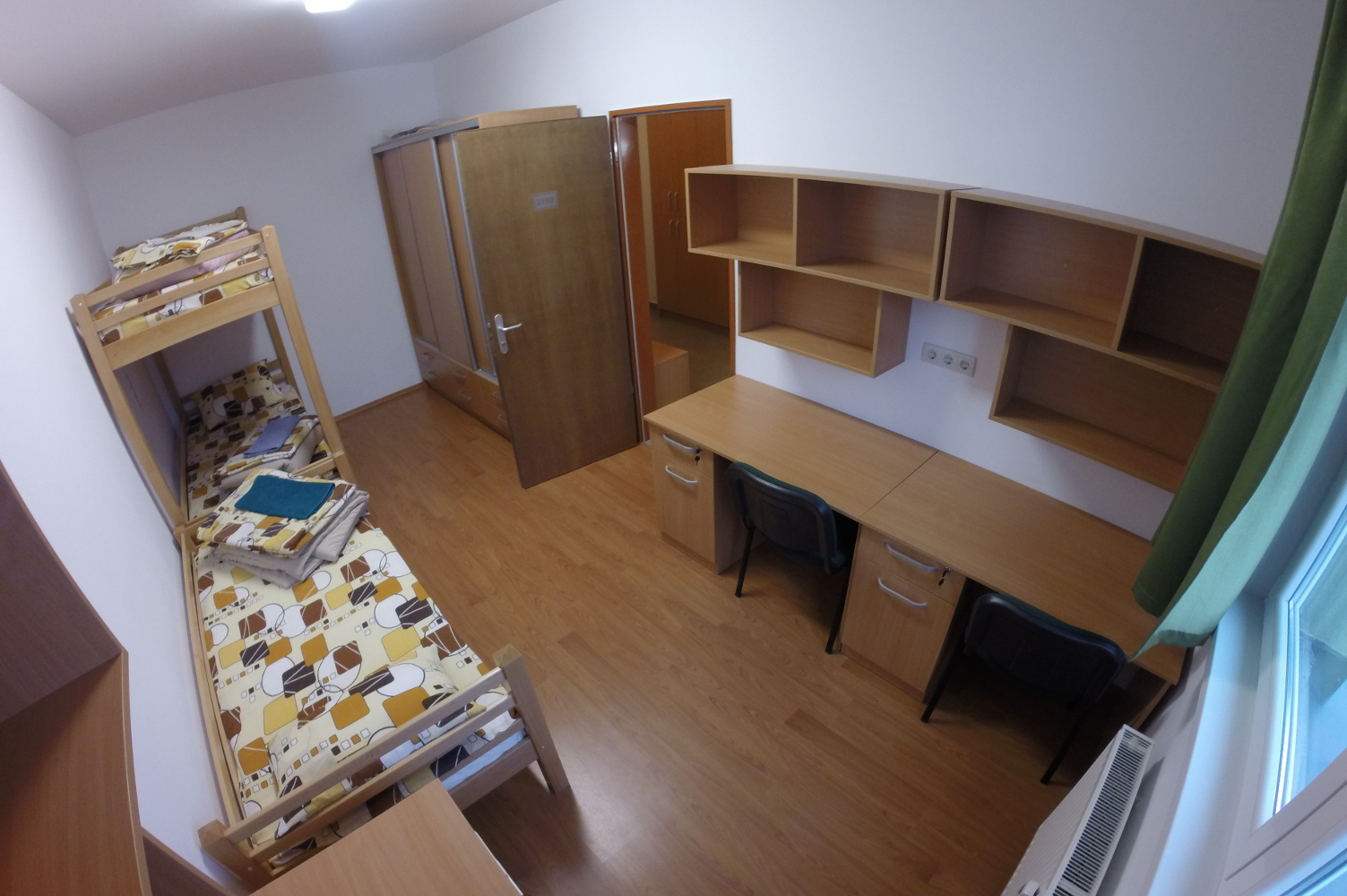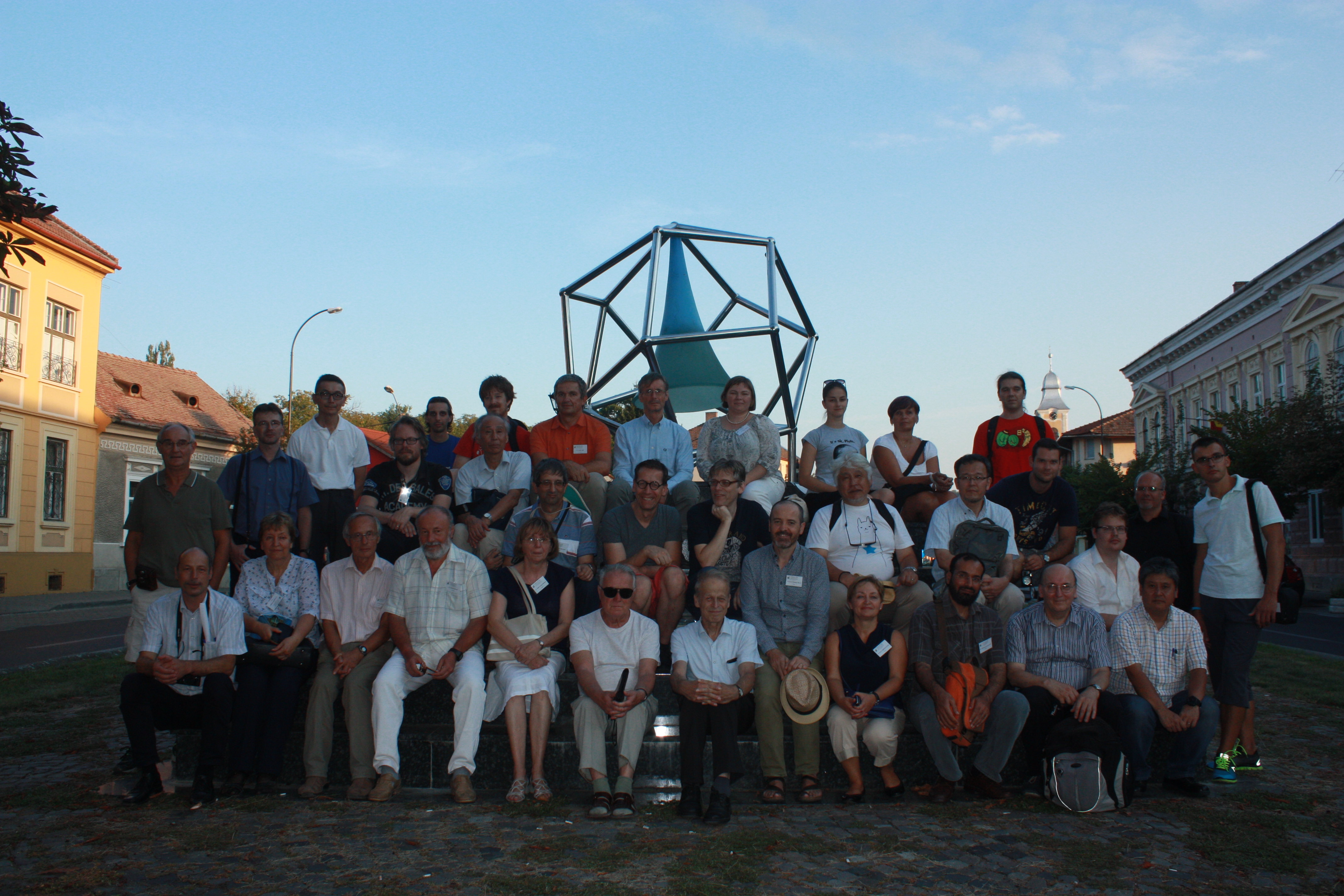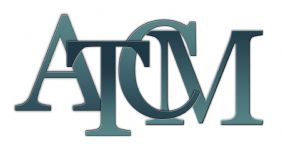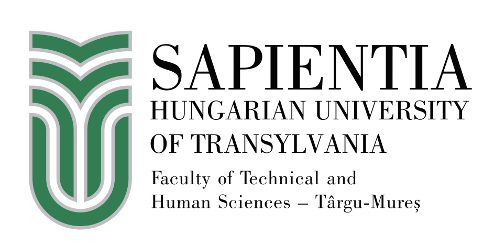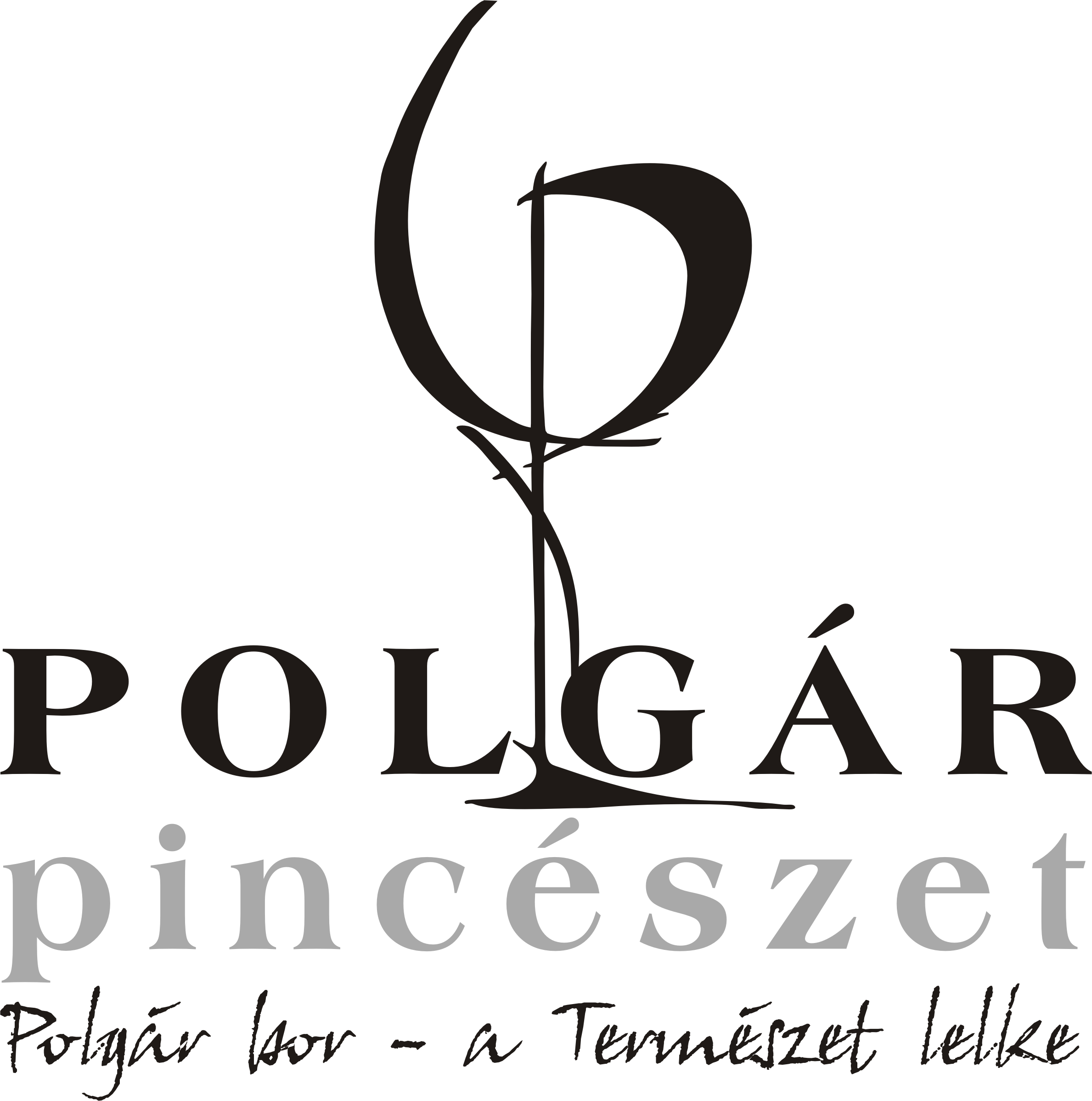| Burkhard Alpers (Fachhochschule Aalen - University of Applied Sciences, Germany) |
| Teresa Assude (Université de Provence, France) |
| Paul Andrews (University of Cambridge, UK) |
| Bärbel Barzel (Universität Duisburg-Essen, Germany) |
| Bruno Buchberger (RISC, University of Linz, Austria) |
| Douglas Butler (ICT Training Centre Oundle School, UK) |
| J. Orlando Freitas (University of Madeira, Portugal) |
| Karl Fuchs (University of Salzburg, Austria) |
| Erika Gyöngyösi (Eszterházy Károly College, Comenius Faculty, Hungary) |
| Samer Habre (Lebanese American University, Lebanon) |
| Stephen J. Hegedus (University of Massachusetts, USA) |
| Kathleen Heid (Pennsylvania State University, USA) |
| Markus Hohenwarter (Kepler University Linz Mathematics Education, Austria) |
| Sándor Horváth (University of Petru Maior) |
| Djordje Kadijevich (Mathematical Institute, Serbian Academy of Sciences and Arts, Serbia) |
| János Karsai (University of Szeged, Hungary) |
| Zoltán Kátai (Sapientia Hungarian University of Transylvania) |
| Carolyn Kieran (Université du Québec á Montréal, Canada) |
| Vesna Kilibarda (Indiana University Northwest, USA) |
| Vlasta Kokol-Voljc (University of Maribor, Slovenia) |
| Ulrich Kortenkamp (University of Education Schwäbisch Gmünd, Germany) |
| Zoltán Kovács (University of Debrecen - College of Nyíregyháza, Hungary) |
| Péter Körtesi (University of Miskolc, Hungary) |
| Yves Kreis (University of Luxembourg, Luxembourg) |
| Bernhard Kutzler (Austrian Center for Didactics of Computer Algebra ,Austria) |
| Jean-baptiste Lagrange (I.U.F.M. Reims and Didirem Université Paris VII, France) |
| Zsolt Lavicza (University of Cambridge, UK) |
| Matija Lokar (University of Ljubljana, Slovenia) |
| John Monaghan (University of Leeds, UK) |
| Eric Muller (Brock University, Canada) |
| Ildikó Perjési-Hámori (University of Pécs, Hungary) |
| Werner Peschek (Alpen - Adria Universität Klagenfurt, Austria) |
| Kenneth Ruthven (University of Cambridge, UK) |
| Csaba Sárvári (University of Pécs, Hungary) |
| Edith Schneider (Alpen - Adria Universität Klagenfurt, Austria) |
| Lajos Szilassi (University of Szeged, Hungary) |
| Denis Tanguay (Université du Québec á Montréal, Canada) |
| Luc Trouche (French Institute of Education, at Ecole Normale Supérieure de Lyon, France) |
| Éva Vásárhelyi (Eotvos Lorand University, Hungary / University of Salzburg, Austria) |
| Rose Mary Zbiek ( The Pennsylvania State University, USA) |
| Nurit Zehavi (Weizmann Institute of Science, Israel) |
| Đurđica Takači (University of Novi Sad, Serbia) |
| Roman Hašek (University of South Bohemia, Czech Republic) |
| Zoltán Kovács (Johannes Kepler University, Austria) |
| Filip Maric (University of Belgrade, Serbia) |
| Walther Neuper (Graz University of Technology, Austria (co-chair)) |
| Pavel Pech (University of South Bohemia, Czech Republic) |
| Pedro Quaresma (University of Coimbra, Portugal (co-chair)) |
| Judit Robu (Babeş-Bolyai University Cluj, Romania) |
| Vanda Santos (CISUC, Portugal |
| Róbert Vajda (University of Szeged, Hungary) |
| Wolfgang Windsteiger (Johannes Kepler University, Austria) |
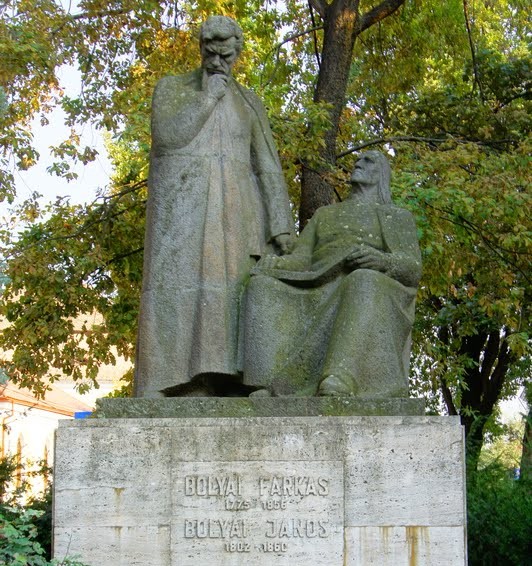
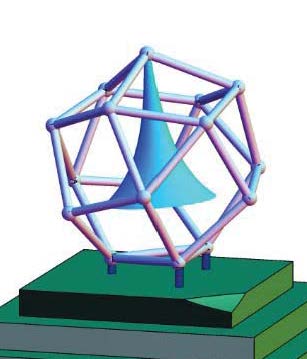 Sixth Central- and Eastern European Conference on
Computer Algebra- and Dynamic Geometry Systems
Sixth Central- and Eastern European Conference on
Computer Algebra- and Dynamic Geometry Systems 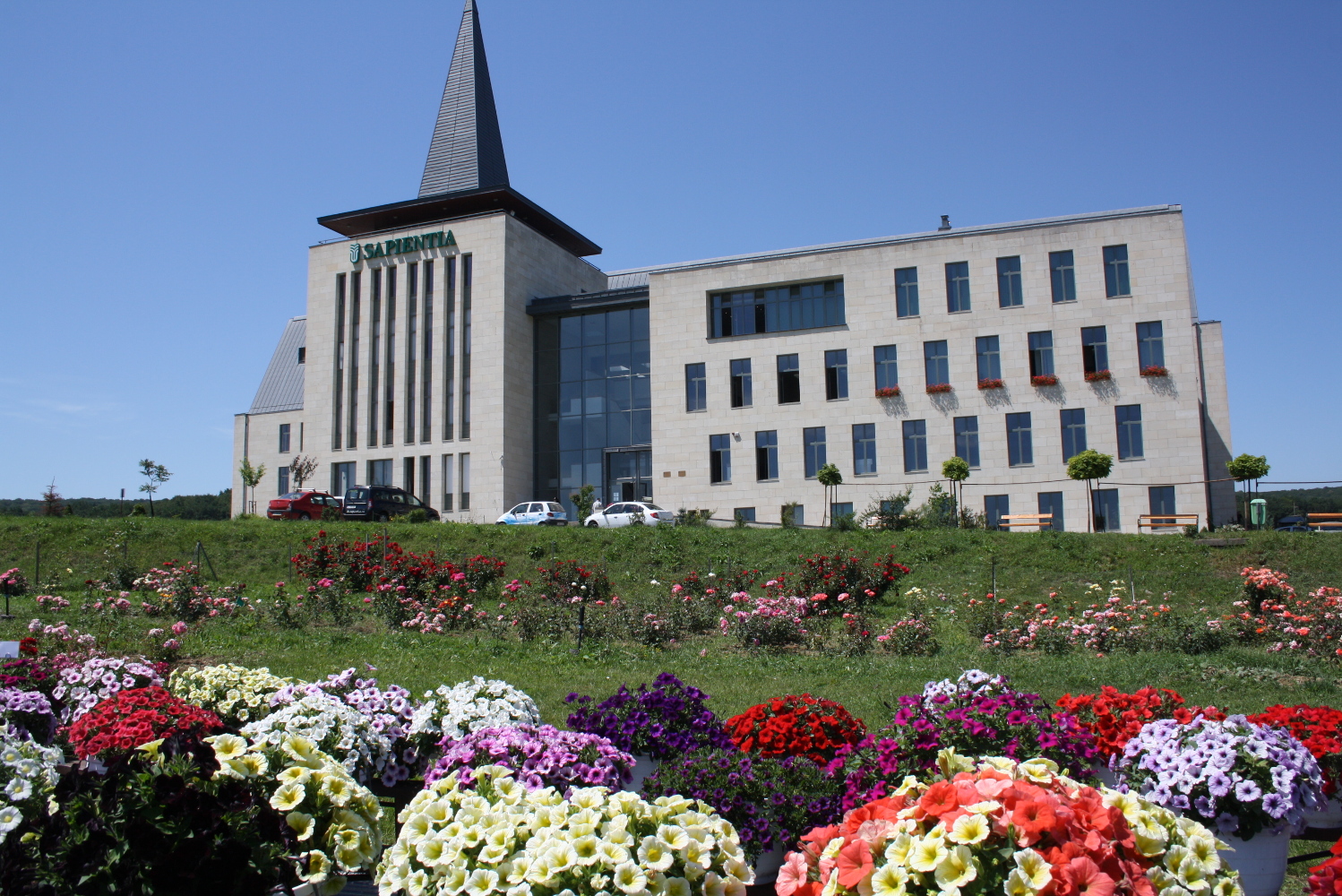
 gmail.com
gmail.com cam.ac.uk
cam.ac.uk ms.sapientia.ro
ms.sapientia.ro